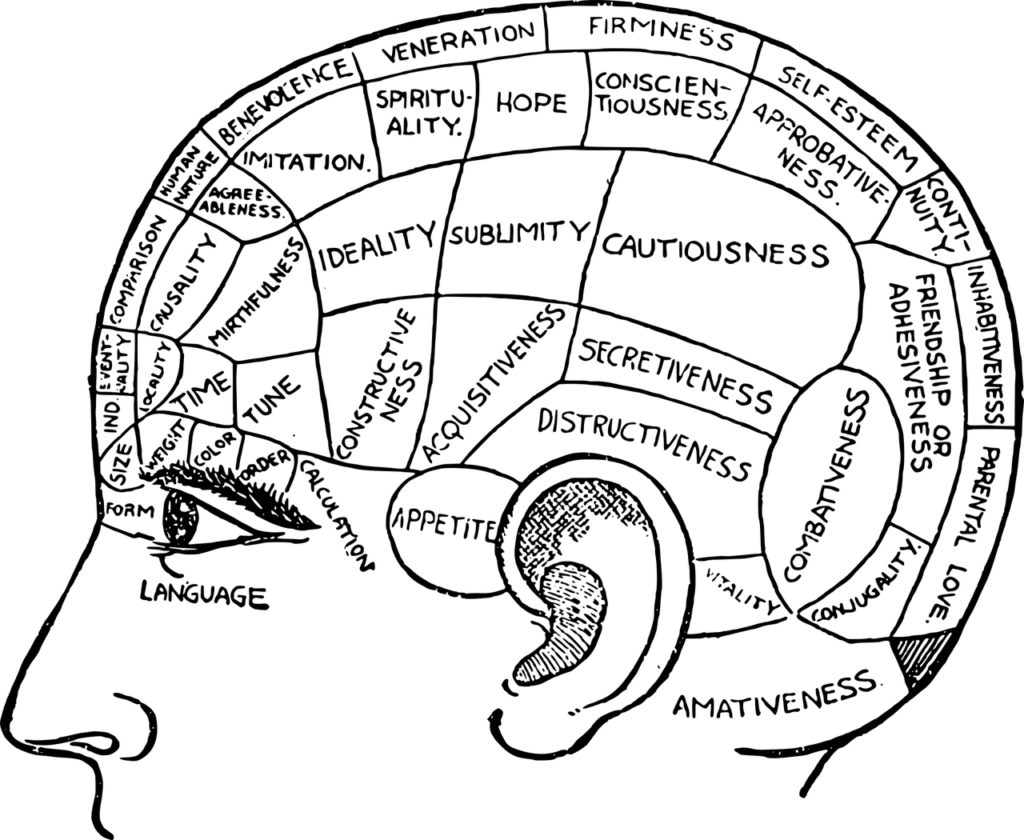
Contributor: Staff at Timberline Knolls Residential Treatment Center
The opioid epidemic remains at crisis levels, with nearly 50,000 Americans dying from opioid-related overdoses in 2019 [1]. And while experts often point to powerful synthetic opioids such as fentanyl as the source of this public health emergency, the state of a person’s mental health can also be a major risk factor for a fatal overdose.
Opioid Addiction & Mental Health
The line between mental health and addiction can often be hazy. Someone who is struggling with an opioid addiction may develop a mental health disorder because of the effects of the drug. Others may use opioids to self-medicate the symptoms of a mental health disorder, causing them to unintentionally develop an opioid addiction.
Regardless of how a person develops these conditions, opioid addiction and mental health disorders often go hand in hand, creating a dangerous combination of factors that can increase the person’s risk for suicidal thoughts or actions.
In a national study of fatal opioid overdoses, researchers at the University of Cincinnati found that a person is up to 40% more likely to die from a drug overdose if they are struggling with a mental health disorder [2].
Experts have also found that when someone abuses opioids, they are up to 60% more likely to have suicidal thoughts, and those who are struggling with an addiction to prescription opioids are twice as likely to attempt suicide than those who do not abuse prescription opioids [3].
Call Timberline Knolls for Help 855-630-2865
The reality is that it is challenging to determine whether an overdose death is accidental or death by suicide unless someone leaves a note. But experts estimate that up to 30% of opioid overdoses are actually deaths by suicide rather than accidental overdoses.
Mental Health and Opioid Abuse Struggles Heightened by the Pandemic
The stressors that can lead to such extreme distress and despair only intensified as the country began adhering to stay-at-home orders and social distancing measures to prevent the spread of the novel coronavirus.
While sheltering in place helped keep people safe, it also forced people into isolation and made it harder to access treatment for addiction and mental health concerns [4]. Many people lost their jobs, and the ways they used to manage stress or painful emotions, such as exercising or hanging out with friends and family, weren’t as readily available anymore [5].
“There’s sort of a perfect storm of factors that we know increase drug use,” William Stoops, Ph.D., a professor of behavioral science, psychiatry, and psychology at the University of Kentucky, told Monitor on Psychology. “People are more stressed and isolated, so they make unhealthy decisions, including drinking more and taking drugs.”
This was even more dangerous for those who lived alone in the early days of the pandemic because they may not have had someone who could call for emergency medical attention if they suffered an overdose. Isolation became an even greater risk factor for death by overdose or suicide, with the line between the two sometimes blurred.
But experts caution that the pandemic isn’t the only reason opioid overdose deaths have been on the rise. Illicit drugs such as fentanyl and heroin have become much easier to obtain, and opioid-related deaths were climbing before the country felt the economic and mental health effects of COVID-19.
Getting Appropriate Treatment
 Regardless of whether the country is at the height of a pandemic, the presence of both an opioid addiction and a mental health disorder, or co-occurring conditions, can make it even more likely that a person might suffer an overdose — one that can even be fatal.
Regardless of whether the country is at the height of a pandemic, the presence of both an opioid addiction and a mental health disorder, or co-occurring conditions, can make it even more likely that a person might suffer an overdose — one that can even be fatal.
Reaching out for help can feel overwhelming, but it can save your life. Consider asking a trusted friend or family member to help you look for opioid addiction treatment centers that might be a good fit for you. Sometimes just having the support of a loved one can make the process feel less intimidating.
If you have a positive relationship with your primary care provider, make an appointment and talk to them about any concerns you might have about developing opioid use disorder or a mental health condition. They can do a physical exam to evaluate your overall health and recommend places to go that offer holistic, whole-person addiction treatment.
You can also reach out directly to addiction treatment centers you think might meet your needs. Ask about the kind of treatment they provide and get an initial screening to determine whether they offer the type and level of care that can help you meet your recovery goals.
Finding treatment is a personal process. What is most important is that you find a treatment center that addresses every concern you are currently facing. Struggling with an opioid addiction and a mental health disorder can be devastating, but with the right treatment, there is hope for lasting recovery.
References
[1] National Institute on Drug Abuse. (2021, January 29). Overdose death rates. Retrieved from https://www.drugabuse.gov/drug-topics/trends-statistics/overdose-death-rates.
[2] Miller, Michael. (2021, May 26). UC opioid study identifies at-risk populations in America. UC News. Retrieved from https://www.uc.edu/news/articles/2021/05/uc-opioid-study-identifies-at-risk-populations-in-america.html.
[3] Gordon, J., & Volkow, N. (2019, September 19). Suicide deaths are a major component of the opioid crisis that must be addressed. National Institute of Mental Health. Retrieved from https://www.nimh.nih.gov/about/director/messages/2019/suicide-deaths-are-a-major-component-of-the-opioid-crisis-that-must-be-addressed.
[4] Silva, J., & Kelly, Z. (2020). The escalation of the opioid epidemic due to covid-19 and resulting lessons about treatment alternatives. The American Journal of Managed Care. 26(7), e202-e204. DOI: https://doi.org/10.37765/ajmc.2020.43386.
[5] Abramson, A. (2021). Substance use during the pandemic. Monitor on Psychology. 52(2), 22. Retrieved from https://www.apa.org/monitor/2021/03/substance-use-pandemic.
About Our Contributor:
 At Timberline Knolls Residential Treatment Center, located outside of Chicago, Illinois, we provide specialized care for women and girls who are living with mental health conditions such as substance use disorders and eating disorders. Our private facility offers female-only treatment programs for eating disorders, addiction, and a range of mental health conditions. We work closely with each person to develop treatment goals to maximize strengths while focusing on individual needs. Our treatment team understands that each woman has unique needs and that she must play a role in her journey to wellness.
At Timberline Knolls Residential Treatment Center, located outside of Chicago, Illinois, we provide specialized care for women and girls who are living with mental health conditions such as substance use disorders and eating disorders. Our private facility offers female-only treatment programs for eating disorders, addiction, and a range of mental health conditions. We work closely with each person to develop treatment goals to maximize strengths while focusing on individual needs. Our treatment team understands that each woman has unique needs and that she must play a role in her journey to wellness.
The opinions and views of our guest contributors are shared to provide a broad perspective of addictions. These are not necessarily the views of Addiction Hope, but an effort to offer a discussion of various issues by different concerned individuals.
We at Addiction Hope understand that addictions result from multiple physical, emotional, environmental, and genetic factors. If you or a loved one are suffering from an addiction, please know that there is hope for you, and seek immediate professional help.
Published on October 7, 2021
Reviewed by Jacquelyn Ekern, MS, LPC on October 7, 2021
Published on AddictionHope.com
